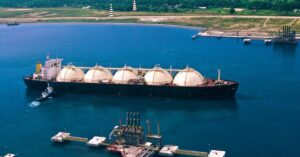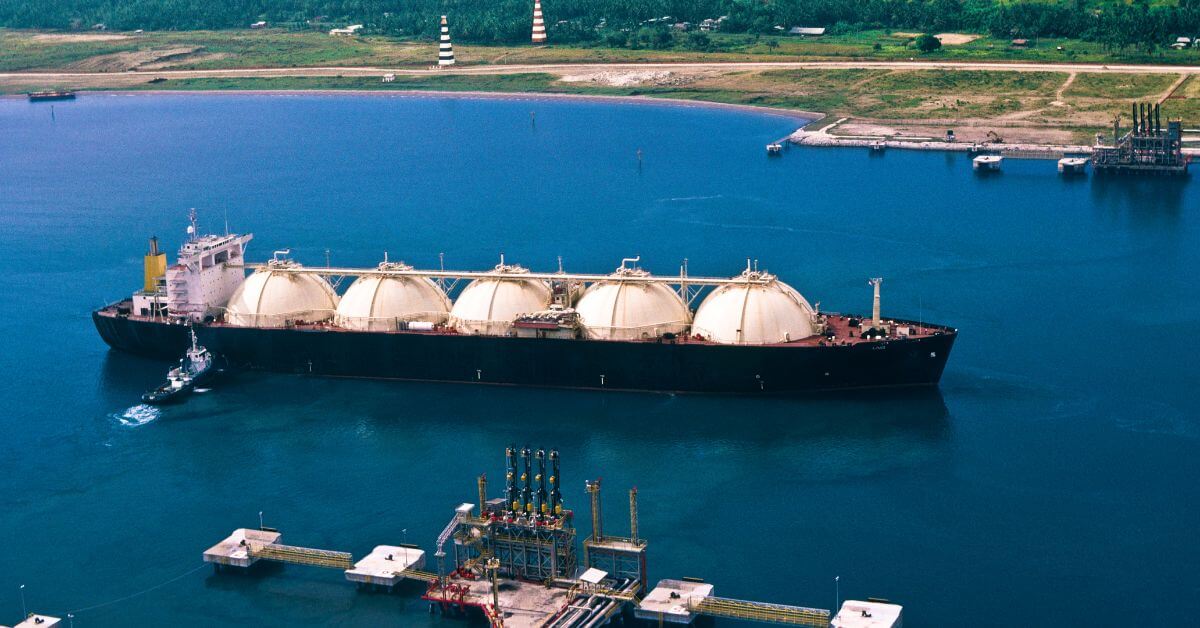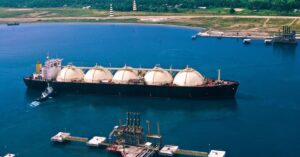
U.S. Sanctions 26 Iranian Oil Smuggling Networks Funding Terror Groups
November 15, 2024
Two Somali Pirates Sentenced To 30 Years In Prison For Holding U.S. Journalist Hostage For 3 Years
November 15, 2024

Germany has stopped a Russian LNG shipment from arriving at the Brunsbüttel terminal in Northern Germany, complying with its policy of avoiding Russian energy imports.
Industry insiders confirmed the decision on November 14, 2024.
The Federal Ministry for Economic Affairs and Climate Action (BMWK) ordered Deutsche Energy Terminal, the operator of the Brunsbüttel facility, to refuse the shipment.
The order came after the company informed the ministry about a Russian cargo that was expected to arrive on Sunday.
LSEG data showed that three LNG tankers had recently departed from Russia’s Yamal LNG facility and were awaiting orders.
According to an industry source, the shipment was most likely a political PR stunt to test Berlin’s response.
A BMWK official reiterated Germany’s stance, saying Germany does not import Russian gas as a matter of principle, and this must include LNG terminals.
Germany, Europe’s largest economy, was once heavily reliant on Russian gas. Before the Russia-Ukraine war, nearly half of Germany’s natural gas came from Russia via pipelines.
Since the invasion, Germany has changed its energy strategy by obtaining LNG from the United States and other nations while increasing imports from Norway via pipelines.
The BMWK warned that letting Russian LNG shipments would risk these measures.
In February, German LNG firms committed to ensure that no Russian LNG reaches Germany, even indirectly.
Despite Germany’s firm stance, Russian LNG continues to flow into other parts of Europe. The Centre for Research on Energy and Clean Air revealed that Russian LNG accounted for 20% of the EU’s total gas supply in the first half of this year, an increase of 4% from the previous year.
Long-term contracts and indirect imports through countries like Belgium and France contribute to this flow.
Russia also uses third-party countries like Azerbaijan and Turkey to transport LNG to Europe. Important gas infrastructure in these countries is partly owned by Russian Energy giants like Lukoil, which is sanctioned by the United States.
References: Reuters, Euro News
Source: Maritime Shipping News


